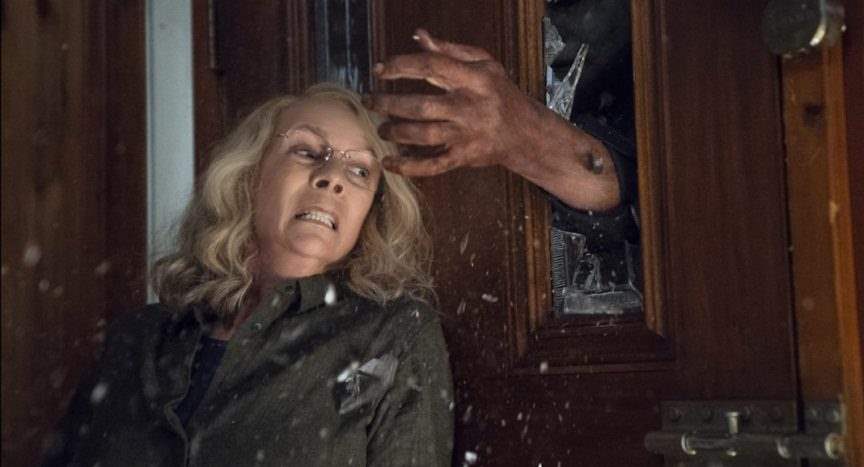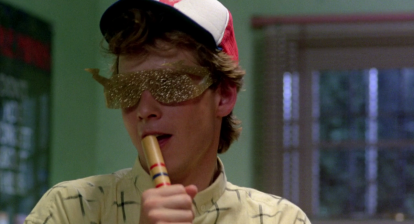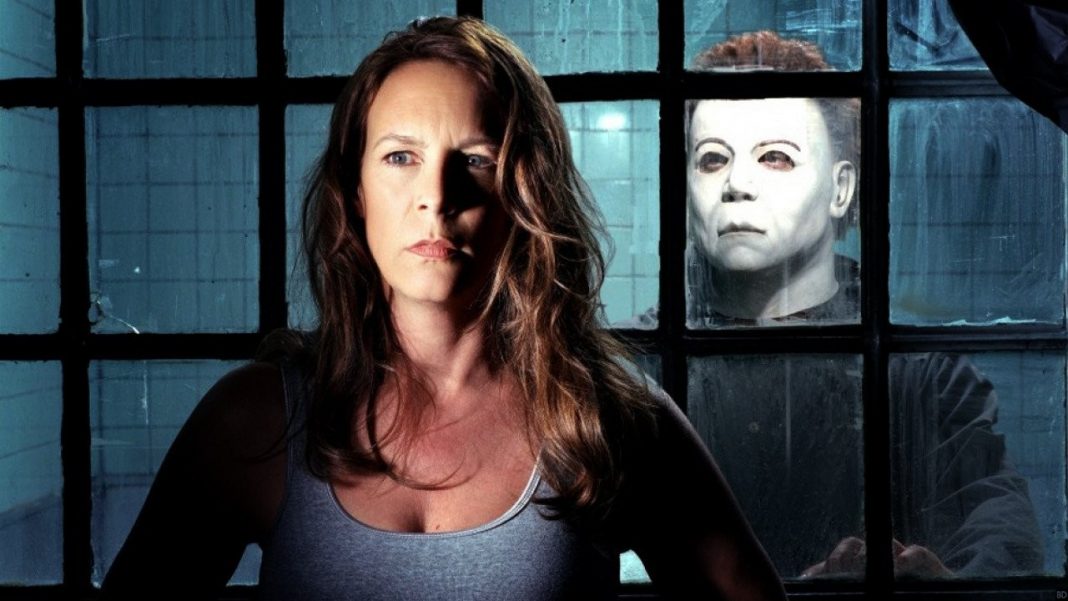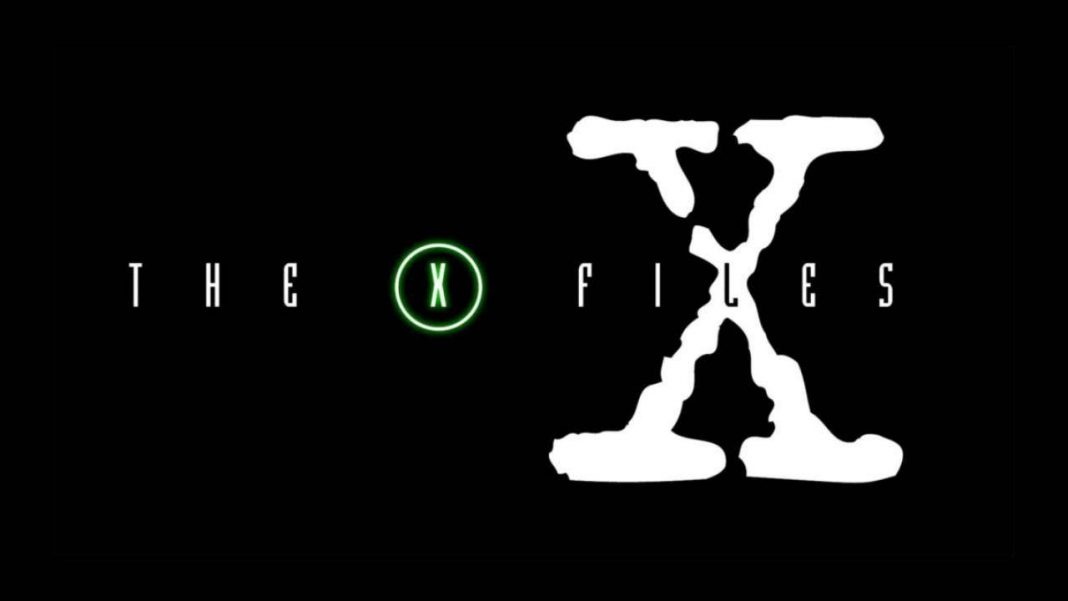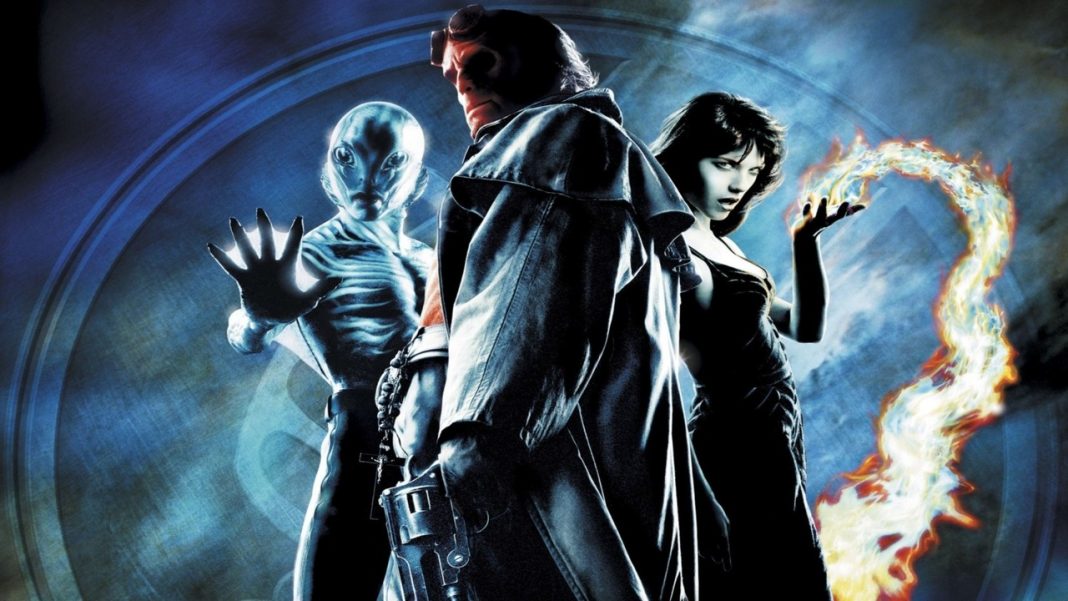Another sequel has been released for the beloved Halloween franchise. Fans can rejoice because this one is quite good. This 2018 release has retconned the chaotic timeline of the previous sequels and has established itself as the now-official sequel to the original film. However, with such a confusing timeline, Malek Akkad and Blumhouse should have generated a more distinctive title than Halloween. The series begun by John Carpenter is not known for coming up with the best of titles (Halloween: H20, for instance). For the sake of clarity, this article will refer to the new film as: Halloween (2018).
Picking up 40 years after that fateful Halloween night when Michael Myers (Nick Castle) returned to Haddonfield, director David Gordon Green has revitalized the waning franchise. Virtually every director of a Halloween sequel has stated that the goal was to return to the series’ roots. Green is the only director to even come close to this achievement. Each subsequent sequel appeared more a product from the contemporary horror of its time than something created in 1978 by John Carpenter. The first Halloween II upped the gore to compete with the burgeoning 1980’s slasher craze. Halloween: H20 looked like another late-90’s flick influenced by Scream, only with Michael Myers. Rob Zombie’s remake combined the director’s bizarre signature style with the mid-2000’s insistency of real-looking gore.
Green has shelved any concerns about making the film with any other style than that which John Carpenter envisioned when creating the original. His own roots are linked to comedy, but there is nothing unintentionally funny with Halloween (2018). Combining Carpenter’s minimalist style and a Danny McBride and Jeff Fradley screenplay, Green has created a film that will both please die-hard fans and deliver scares to newcomers. Halloween (2018) is not perfect; however, this sequel succeeds where so many in the horror genre fail. The respect to the original film is prominent and generates excitement with each passing scene.
Another cause for fans to celebrate is the triumphant return of iconic Scream Queen, Jamie Lee Curtis. This is not the first reunion with Myers for Curtis; however, this one is very different from what audiences have seen before. Previously, Curtis portrayed Laurie Strode as a terrified and falling apart Keri Tate in Halloween: H20. This time around, Curtis’s Strode embodies a capable woman full of strength and determination. Instead of hiding from the infamous babysitter killer, Laurie is impatiently waiting for him to come for her. So, she can kill him. This fuels her existence and damages the relationship with her daughter, Karen (Judy Greer).
Jamie Lee Curtis’s skill as an actress and involvement with the series has created the most multifaceted final girl of all time in Laurie Strode. One of the best justifications for carving out a new path in an already complicated timeline is to see the development of Laurie Strode. It is such a rare occurrence to see a woman in Hollywood be able to play every incarnation of one single character. Laurie has been a resourceful babysitter, a terrified alcoholic, and now a no-nonsense survivalist. Curtis is not a fan of the genre; yet, she has penned another love letter to horror fans.

As stated before, Halloween (2018) has made the wise choice of disregarding every flick after the original. The other sequels have certainly had their moments and should not be forgotten by fans. Nevertheless, this particular sequel would have been hard-pressed to pick up at any other place in the timeline than directly after the original. The exposition alone explaining prior events would have taken up an entire film. Instead, Green is able to cut right to the chase and lead the viewer directly into a suspenseful atmosphere. The most controversial change then was to make Halloween (2018) into the new Halloween II. And in doing so, the relationship between Michael and Laurie was altered.
Take a look here for further analysis of why Michael needed to stop chasing family!
There are certain nuances in the new feature that blur the first Halloween II into this new universe. For instance, one scene shows Michael entering a kitchen in a way very similar to the Elrod kitchen in 1981’s Halloween II. This sequence is now affected by the changed relationship between Michael and Laurie. In 1981, Mrs. Elrod was allowed to live because killing her would not make sense. Michael’s primary motivation was to eliminate his sister, and he was willing to slay anyone that got in the way. Mrs. Elrod possessed a much-needed weapon; however, murdering her would serve no purpose to his ultimate goal of killing Laurie. This time around, there is no reason for Michael to keep “Mrs. Elrod” alive. This scene mirrors Halloween II while at the same time signifying Halloween (2018) is now the “original sequel” in the new Halloween timeline.
Thus, no longer having 1981’s Halloween II as canon alters the relationship between Michael and Laurie. The franchise is lucky to have Jamie Lee Curtis return, but keeping the previously established relationship would basically be a repeat of Halloween: H20. There are other ways to keep the two characters as siblings; however, the end result would be the same. Halloween: H20 was certainly a highlight within the late 1990’s slasher reemergence. Nevertheless, the style (like the rest of the flicks released at the time) was clearly inspired by the contemporary success of Scream. Trademark elements included the use of television actors, background alternative rock, and teens with a snappier sense of highly elevated dialogue.
Read more about the sincere efforts of H20 right here!
The style of Halloween (2018) does not appear to have any specific contemporary inspiration. Instead, this segment seeks influence only from the original source. In making complicated and controversial decisions, Blumhouse has simplified the direction of the franchise. In doing so, this eleventh installment of the franchise succeeds on many levels. The visual style, the updated nostalgic music, and Curtis’s performance all elevate Halloween (2018) above the majority of sequels from this franchise.
Despite containing fun jump-scares and an impeccable visual style, the film is, unfortunately, not without its problems. At times, this sequel is uneven and struggles with unbelievable aspects. One problematic element centers on Dr. Ranbir Sartain (or the “new Dr. Loomis” as christened by Laurie) played by Haluk Bilginer. Sartain is, perhaps, meant to be a social commentary on the questionable psyches of those that govern the mentally ill. This idea is jarring to the flow of events and seems to belong in another film. The sequence ultimately plays out with an unlikely and convenient escape for one main character.

Halloween (2018) also focuses on the wrong teenagers. Laurie’s granddaughter, Allyson, is well-cast and does a fine job carrying her scenes. The film would have been better served to focus on Allyson and her friend, Vicky (Virginia Gardner), than on the dull and ill-conceived love-triangle with Cameron (Dylan Arnold), and Oscar (Drew Scheid). Vicky has the potential to be a run-of-the-mill stereotype. Instead, Gardner elevates the character to a genuine and charismatic teenager of whom the audiences feels nothing but compassion. Her scenes with charming youngster, Julian (Jibrail Nantambu), serve as comedic relief before illustrating the rising terror to come.
The rest of the cast help to balance out the few uneven moments. Rhian Rees and Jefferson Hall are effective in their scenes as British true-crime podcasters. Will Patton nestles in comfortably with all the established Haddonfield sheriffs of previous films. Nick Castle and James Jude Courtney work together to create, arguably, the scariest Shape that audiences have seen since the original. Somehow, the age of Michael Myers does not become inhibiting and is actually effective in adding to the creepiness of one of horror’s most iconic screen villains. Even before the mask is ceremoniously worn, the aged Michael Myers is malevolent in appearance.
This newest addition to the Halloween franchise has its flaws; but, ultimately, this feature is a successful piece. Parading throughout the film is a welcomed tribute to strong women. The climax of this movie is a celebration of final girls everywhere. The fragmented relationships between the main females must be repaired in order to achieve any chance of success. Like the majority of most successful films in the horror and science fiction genres, they reflect the current climate in which they are made. At a time when the ladies of Hollywood are representing women everywhere to stand strong, Halloween (2018) reflects that message with dignity and hope.
Unfortunately, watching as a fan of the series, one woman was missing from this new installment. This writer planned to avoid any dialogue surrounding the mild controversy of Danielle Harris’ absence; however, without the iconic horror actress, the powerful climax was missing an added emotional punch. Judy Greer is more than capable as Laurie’s daughter, Karen. She comes together with Curtis and forms a believable bond. With a finale that highlighted the power of women in Halloween, fans growing up watching Harris as Laurie Strode’s daughter will feel something missing. Newcomers to the film will feel that joyful terror that comes with a good horror film finale. As a dedicated fan of the series, the thrilling climax is still worthwhile. And yet, there is a nagging feeling as to what might have been.
Click here to read more about Danielle Harris’s contribution to the Franchise!
The eleventh installment breathes new life into the Halloween franchise. This production resurrects a classic style that justifies a bold new timeline and its place as a direct sequel to the original Halloween. Fans of the series should not throw away the rest of the sequels. Instead, there is cause to celebrate a new vision that allows the franchise to carry on sensibly. This update taking place 40 years after the original will have newcomers and old fans alike jumping at the fresh scares as well as the possibilities to come in the future.

Halloween premieres nationwide in theaters on October 19th.
Wicked Rating 8/10
Director: David Gordon Green
Writer(s): Jeff Fradley, Danny McBride, David Gordon Green
Stars: Jamie Lee Curtis, Judy Greer, Andi Matichak, Virginia Gardner
Release: October 19, 2018
Studio/ Production Co: Miramax, Blumhouse Productions, Universal, Trancas International Films, Rough House Pictures
Language: English
Length: 105 minutes
Genre: Horror, Psychological Thriller
